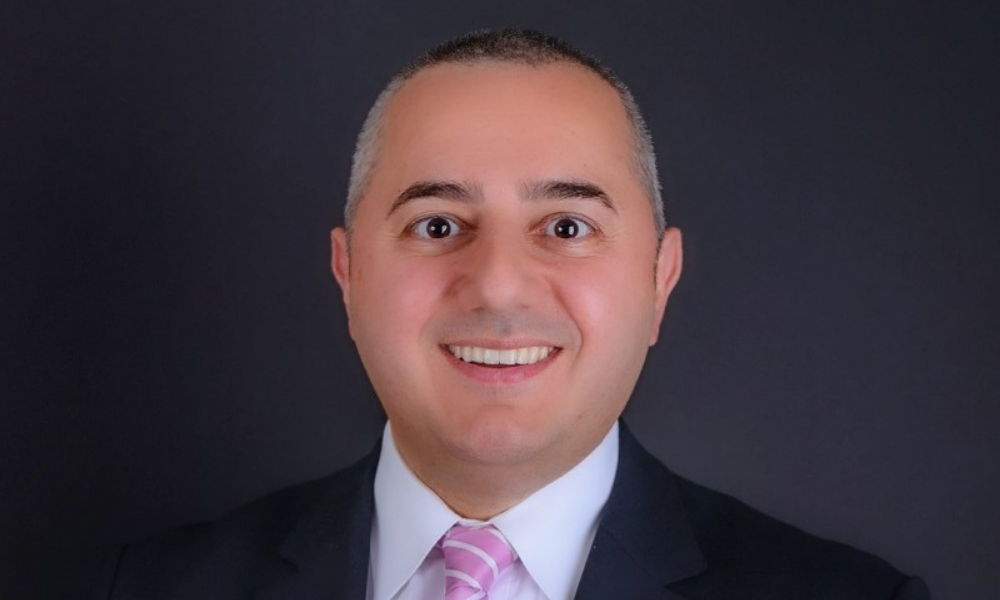Top advisor slams 'bad apple' firm, says hard work and due diligence needed to regain investors' faith in alternative industry

As a brewing scandal around one of Canada’s largest private lenders threatens to cast a shadow of distrust on the entire private debt industry, investment advisors and alternative investment firms will have to do more work and answer tough questions, according to one top advisor.
On May 1, the Ontario Securities Commission announced its investigation into Bridging Finance, a Toronto-based outfit that lends predominantly to small and medium-sized businesses. The regulator issued a temporary order to cease trading in securities of funds offered by the firm. The Ontario Superior Court of Justice handed down an order on April 30 appointing PricewaterhouseCoopers as receiver and manager over the firm’s affairs.
In a submission to the court, the OSC alleges improprieties committed by certain members of Bridging Finance’s senior management team, including its founding couple David and Natasha Sharpe. These include appropriating amounts from the Bridging Finance funds for their own gain, mismanaging the funds by failing to disclose material conflicts of interest, misleading OSC’s enforcement staff, and failing to act in their stakeholders’ best interests.
“I was very disappointed to hear that something like this just happened,” Elie Nour, CEO of Oakville, Ontario-based Nour Private Wealth, told Wealth Professional.
While the investigation has not yet reported its conclusions, the claims against the firm are damning. Among other accusations, the OSC said that David Sharpe personally received nearly $20 million in payments from Sean McCoshen, who owned companies that had borrowed over $100 million from Bridging Finance.
A forensic accountant from the regulator charges that a significant portion of those payments went into Sharpe’s investment accounts at Richardson GMP and BMO, with at least $1.4 million subsequently going into offshore accounts. Around $128,000 was reportedly paid to Tesla Inc, and nearly $100,000 used to lease a 2018 Bentley Bentayaga and a 2013 Bentley GTC Mulliner.
“Based on what the OSC has put out and what we've read from different sources, it’s obvious to me that the actions of the people in Bridging Finance were simply wrong,” Nour said.
As the story unfolds and stakeholders digest the emerging evidence, Nour said that wholesalers and firms involved in alternative investments should be prepared to face difficult questions. And while there are plenty of reputable firms and managers within the industry, they will more than likely be painted with the same brush of distrust.
Having said that, Nour said that he favours the use of private debt. He has seen the need for the asset class grow over time, particularly as downward interest-rate moves have taken bond yields to levels lower than they’ve ever been. He also sees it as an important diversifier, helping to reduce volatility with returns that are not correlated to the public fixed income and equity markets.
“We started recommending private debt to clients a couple of years ago. In February and March of last year, we sold off most of those holdings to go into other investments like bonds and equities because we knew the upside was there,” he said. “Because we’re at a different point in the market cycle, we recently started to buy back into them and have been planning to add more over the next six to 12 months. But for now, we’ve stopped all new purchases of alternative investments.”
Nour said his firm continues to work hard on educating clients and advisors on the private debt space and establish the right instruments to recommend to clients. As part of that process, he’s kept clients reassured that investments go through an appropriate degree of vetting before they’re recommended.
In the wake of the firestorm around Bridging Finance, he’s taking extra precautions. He said his firm is conducting full due diligence on every single alternative firm they deal with. The review will not only include the tools and products they offer, he said, but also other potential red flags within specific companies.
“David Sharpe is the CEO at Bridging Finance, and his spouse, Natasha Sharpe, is the CIO. Putting the recent news aside, no matter how good they work together as a team, it doesn’t look right to have people who are related to each other manage a company as executives. So we already started again reviewing every structure of each alternative investment company on our books,” he said.
From an operational perspective, Nour stressed the importance of diversification. In line with that, his firm ardently follows a philosophy that focuses on capital preservation and above-average long-term risk-adjusted returns.
More broadly, he welcomed the OSC’s actions in dealing with Bridging Finance and is hopeful that things will get resolved favourably for investors in the impacted funds to regain access to their money. And he expects that while regulators will do what they must to limit and prevent violations, investors in Bridging Finance will be making major redemptions.
“We see a lot of great and reputable portfolio managers in the industry, but there are just some companies with specific internal issues that create risks,” he said. “What happened with Bridging Finance is disappointing to investors, but hopefully that one bad apple doesn’t create mistrust in the entire sector.”



